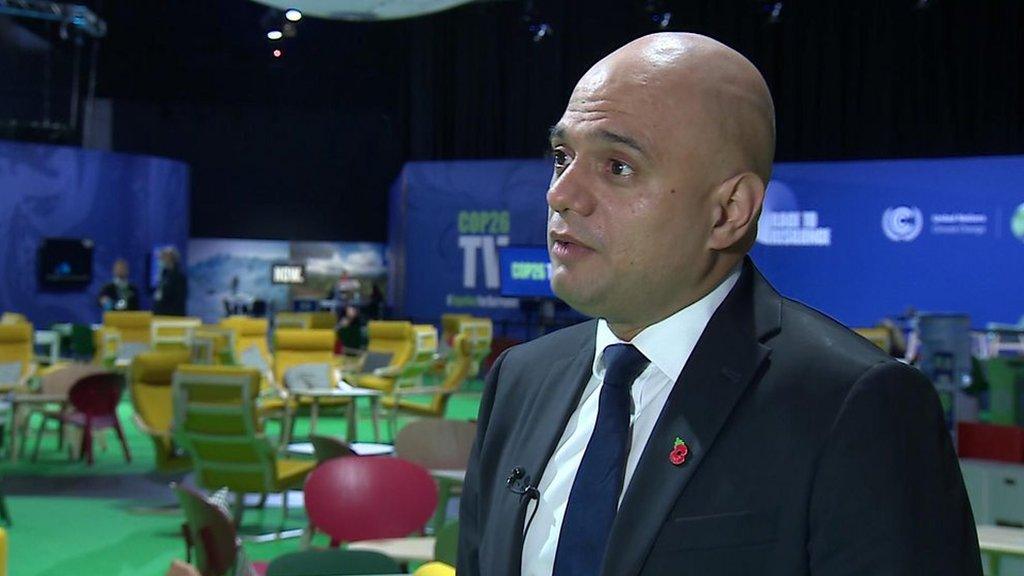MPs' second incomes: Who earns what in the West?
- Published
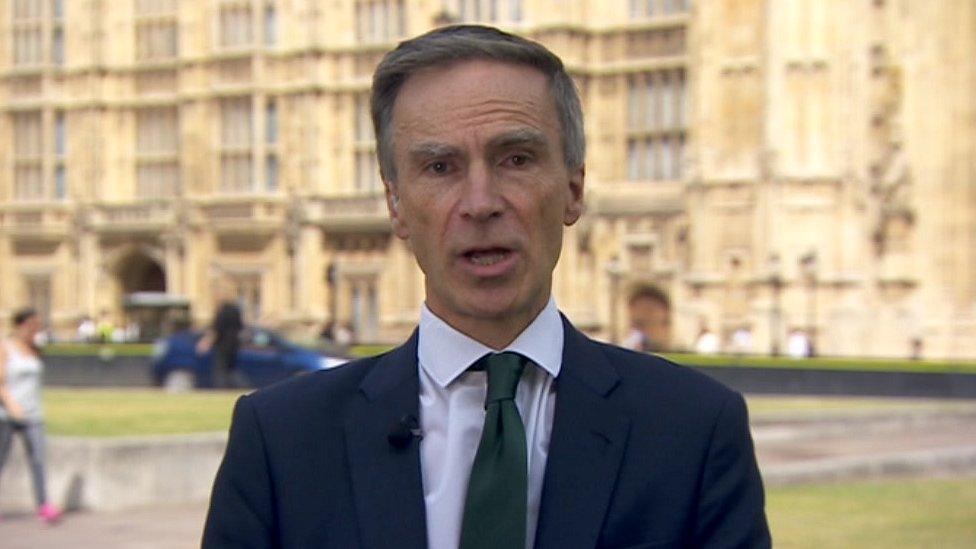
Andrew Murrison MP is a former Royal Navy surgeon and was paid £40,000 for helping administer Covid-19 vaccinations
As MPs continue to face scrutiny over their earnings outside of Parliament, after the resignation of Owen Patterson over a lobbying row and investigations began into Sir Geoffrey Cox, we examine what the situation is with MPs here in the West.
Several have second jobs, while others earn tens of thousands of pounds from investments and employ family members.
While there is no suggestion any of them have broken the rules, BBC West political editor Paul Barltrop has been finding out who does what to earn a second income.
Andrew Murrison, MP for South West Wiltshire, who is a former naval surgeon, was paid £40,000 for 21 weeks of work to help with the Covid-19 vaccination programme, in addition to his full MP's salary.
The Royal Naval Reservist's work in the spring was included in the Register of Members Financial Interests, which also shows he was paid £1,000 for seminars.
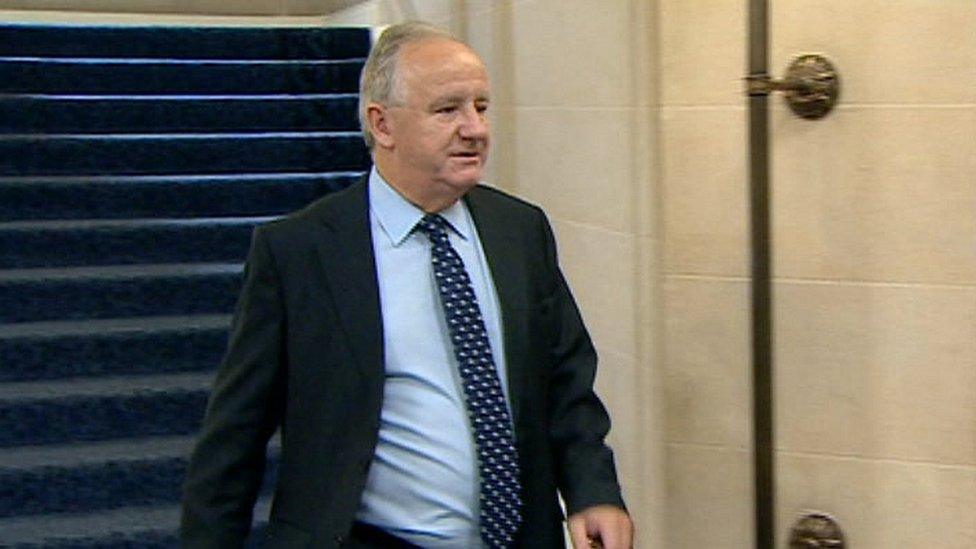
MP for Tewkesbury Laurence Robertson declared £24,000 from the gambling industry, as well as hospitality at Lords, Ascot and Wembley
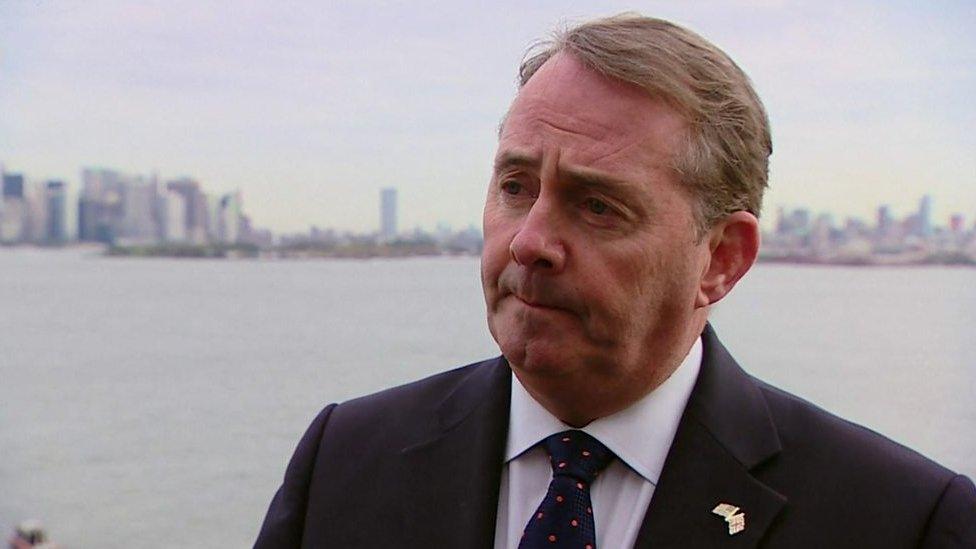
North Somerset MP Liam Fox receives money from a PR firm and newspaper articles
Tewkesbury MP Laurence Robertson is paid £24,000 a year to be an advisor to the Betting and Gaming Council. He has raised issues in Parliament relating to gambling but has flagged-up his links as per the guidance.
Liam Fox, North Somerset MP, has a £10,000 contract with World PR and receives £2,000 for writing newspaper articles. He has also received £28,000 in donations.
Kingswood's Chris Skidmore earned £10,000 as an advisor to the Oxford International Education Group and Jacob Rees Mogg has shares worth £70,000 in a financial firm he set-up before being elected to Parliament.
None of them has been found to be in breach of any rules.
What the rules say
MPs are paid a salary of £82,000 plus expenses and ministers receive an extra £30,000-£67,000 but are not allowed to hold second jobs.
The MPs' Code of Conduct states that it is "strictly forbidden" to receive a financial reward for approaching ministers or initiating parliamentary proceedings on a particular issue.
However, the rules do not prevent MPs from approaching ministers on issues "where they themselves may have a financial interest" - but any member doing so must record it in the register of financial interests and decide whether there is a potential conflict of interest.
The rules are enforced by the parliamentary commissioner for standards, Kathryn Stone. If the commission finds an MP has breached the rules, this information is then passed to the Committee on Standards which includes MPs from all parties.

Follow BBC West on Facebook, external, Twitter, external and Instagram, external. Send your story ideas to: bristol@bbc.co.uk , external
- Published11 November 2021

- Published10 November 2021

- Published8 November 2021
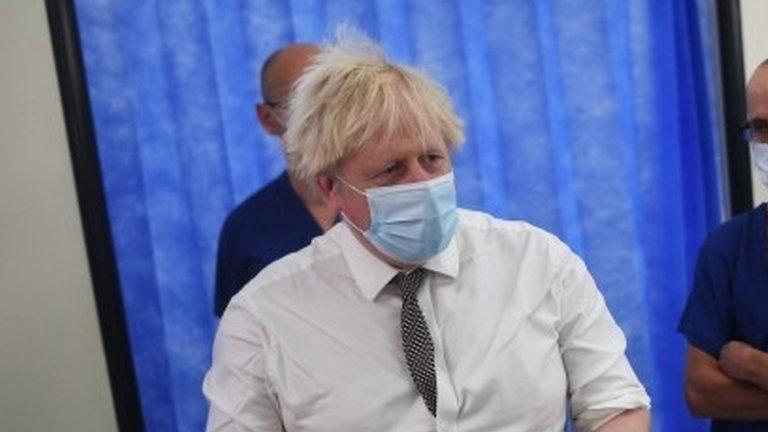
- Published10 November 2021
